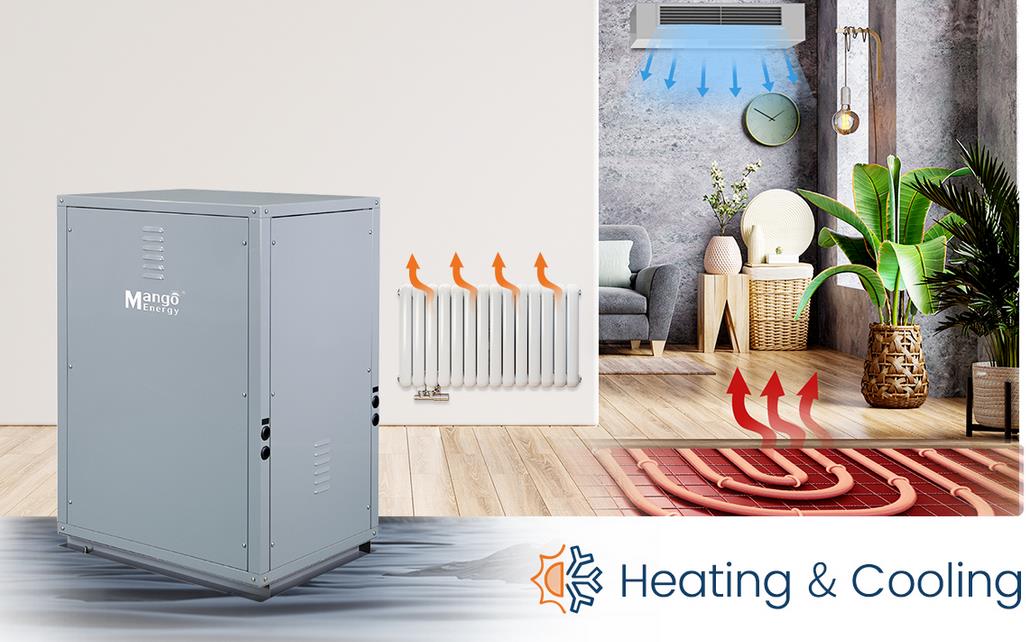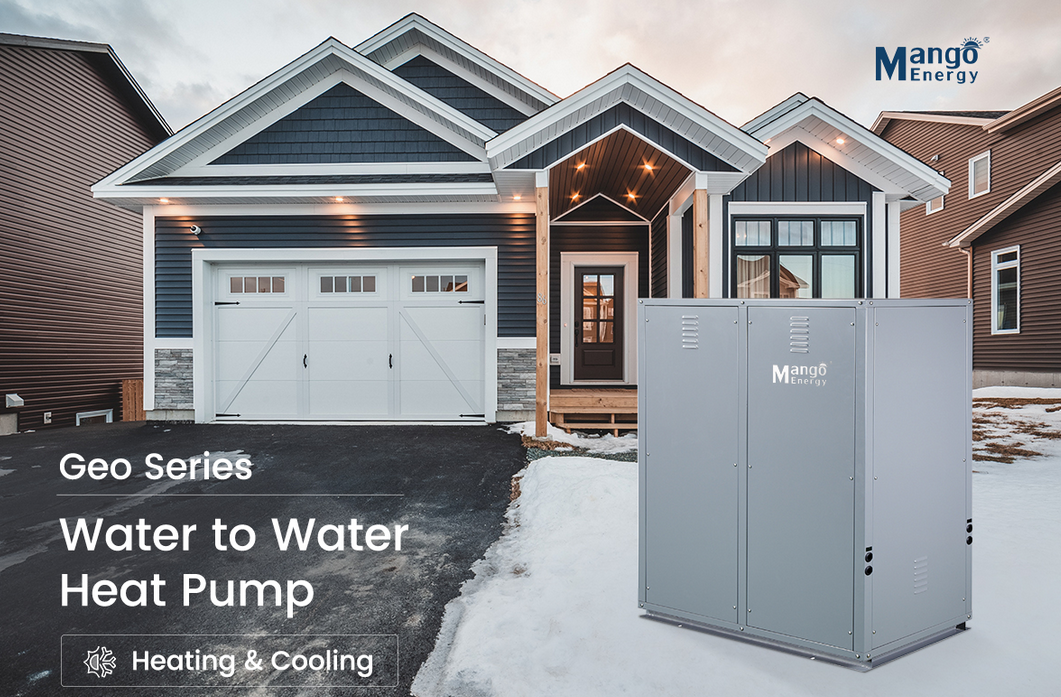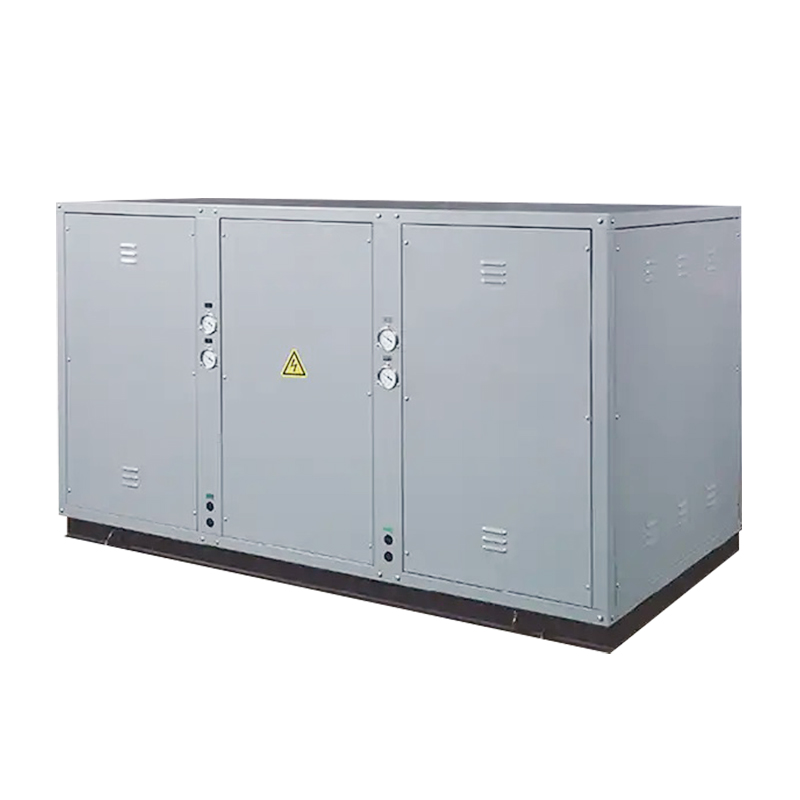
Heating and cooling systems are integral to maintaining comfortable living environments, but their efficiency and environmental impact can vary significantly. Traditional heating systems, such as gas furnaces and electric heaters, are widely used but often come with high operational costs and environmental drawbacks. In contrast, geothermal heat pumps (GHPs) present a sustainable and cost-effective alternative. This article explores the advantages and disadvantages of geothermal heat pumps, including geothermal ground source heat pumps, and compares their costs and efficiencies to traditional systems.
Geothermal heat pumps (GHPs) utilize the stable temperature of the earth to heat and cool homes. Unlike air-source heat pumps, which exchange heat with the outside air, GHPs transfer heat from the ground, which maintains a relatively constant temperature throughout the year.
1. Cost Analysis: Geothermal Heat Pump Cost
Initial Costs:
One of the primary concerns for homeowners considering a geothermal heat pump is the initial installation cost. Installing a GHP, particularly a geothermal ground source heat pump, can be significantly more expensive than traditional systems. The installation process requires extensive drilling or trenching to lay the ground loops, which increases labor and equipment costs. On average, the cost to install a GHP system ranges from $10,000 to $30,000, depending on the size of the home and the complexity of the installation.
Long-Term Savings:
Despite the high upfront cost, GHPs offer substantial long-term savings. Traditional systems like gas furnaces and electric heaters are subject to fluctuating fuel prices, leading to unpredictable heating costs. In contrast, geothermal heat pumps are highly efficient, often achieving efficiency ratings of 300-600%, meaning they can produce three to six units of heating or cooling for every unit of electricity consumed. This high efficiency translates to lower monthly utility bills. Over time, the savings on energy bills can offset the initial investment, often within 5 to 10 years.
Maintenance Costs:
Maintenance costs for geothermal heat pumps are generally lower than for traditional systems. The underground components of GHPs have long lifespans, often exceeding 50 years, and the indoor heat pump unit typically lasts around 25 years. Regular maintenance involves checking the indoor unit and the fluid levels in the loop system, which is less intensive than maintaining a gas furnace or an air conditioning unit.

2. Comparing Efficiency and Environmental Impact
Energy Efficiency:
Geothermal heat pumps are more energy-efficient than traditional heating and cooling systems. Traditional air-source heat pumps lose efficiency as outside temperatures drop, while GHPs maintain consistent performance regardless of outside weather conditions. This consistent efficiency makes GHPs an excellent choice for both heating and cooling, providing year-round comfort with less energy consumption.
Environmental Impact:
GHPs have a smaller carbon footprint compared to traditional systems. By using the earth's natural heat, they reduce the need for fossil fuels, leading to lower greenhouse gas emissions. Additionally, GHPs can be powered by renewable energy sources, such as solar or wind power, further reducing their environmental impact.

Case Study: Mango Geothermal Heat Pump
Mango geothermal heat pumps are a specific brand that exemplifies the benefits of GHP technology. These systems are designed with advanced features to enhance efficiency and ease of use. Mango's GHPs are known for their robust construction, reliability, and superior performance in various climates. They offer a practical example of how geothermal technology can be integrated into residential and commercial applications to provide sustainable heating and cooling solutions.

Geothermal heat pumps, including geothermal ground source heat pumps, offer a highly efficient and environmentally friendly alternative to traditional heating and cooling systems. Despite the higher initial installation costs, the long-term savings on energy bills, lower maintenance costs, and reduced environmental impact make GHPs an attractive option for homeowners looking to invest in sustainable home comfort solutions. Brands like Mango Geothermal Heat Pump demonstrate the viability and benefits of this technology in real-world applications. As the demand for renewable energy solutions continues to grow, geothermal heat pumps are likely to play a significant role in the future of home heating and cooling.


